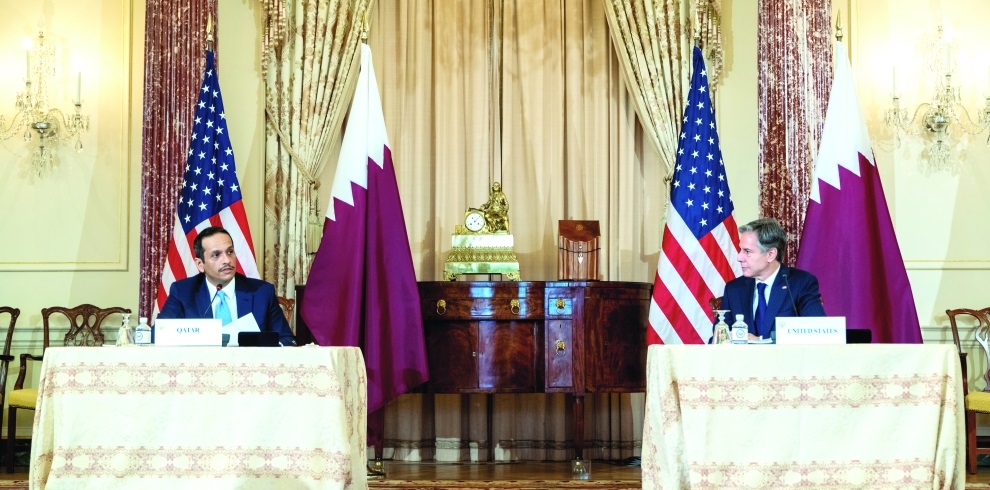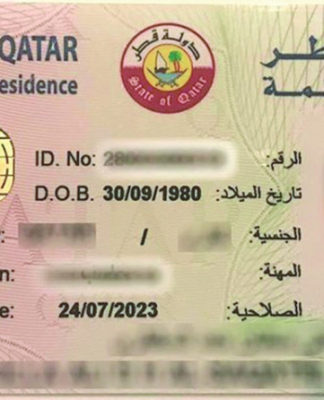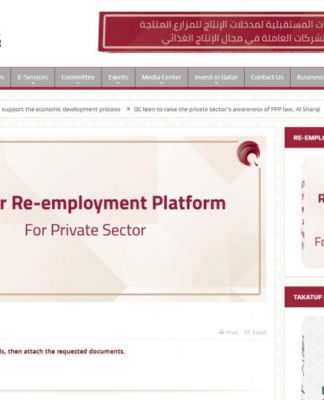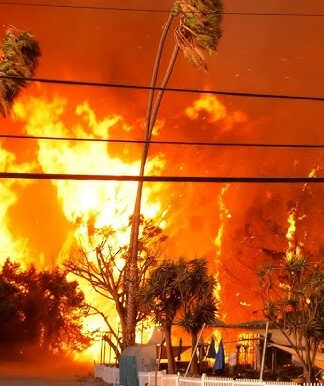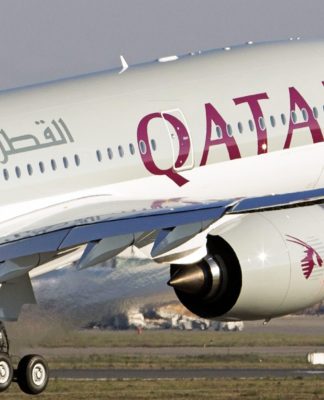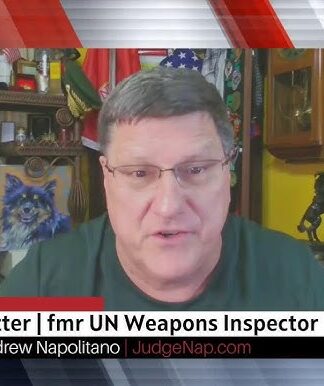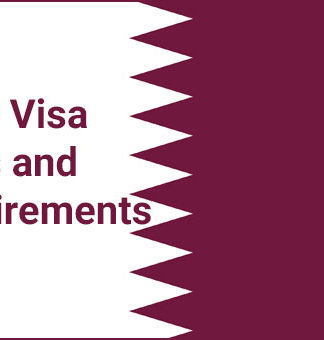A report by the Wall Street Journal confirmed that the classification of Qatar as a major non-NATO ally of Washington deepens Doha’s strategic partnership, and opens the door for strengthening further cooperation and investment with the West and the United States of America. The report highlighted that Qatar is a reliable partner that has made a number of contributions to a number of global issues, such as Afghanistan, in addition to mediating in the Israeli-Palestinian conflict, which has contributed to reducing human suffering in light of this highly complex situation.
The report indicated that the Ukrainian crisis clearly highlighted who are the American allies who have the will and ability to provide material support to the West, as the West must establish cooperation with Doha based on long-term deliberate energy strategies, including the shift from coal to gas, which enables the transition to Renewable energy sources and a hedge against future energy disruptions.
Crisis Management
The newspaper report said that one promising development of the Ukraine crisis was the decision by several NATO members to increase their commitments to the alliance’s defense needs. But even if all NATO members met the charter’s threshold of spending 2% of GDP on defense, many of them would still be vulnerable given the influence of Russia’s energy resources. The best way to improve defense capabilities is to secure alternative energy supplies to NATO members.
The report continued: An emergency in one region can also reveal the value of partners in another. Since the alarming exit from Afghanistan last July, the Biden administration has struggled to achieve a landmark foreign policy victory in the Middle East. However, President Biden has modernized a key strategic relationship with an important ally in the Gulf, the State of Qatar. This was a significant rearrangement of the hierarchy of America’s allies that could solve Europe’s dependence on Russian energy. US and Qatari LNG supplies could reduce the West’s dependence on Russian exports, and Qatar appears to be a willing and reliable partner.
reliable partner
The newspaper highlighted that His Highness Sheikh Tamim bin Hamad Al Thani, the Emir of the country, was received with a warm welcome at the end of January in Washington. President Biden named Qatar a major non-NATO ally in recognition of the deepening of the “strategic partnership” between the two countries. In his notification to Congress, the US president said he made “this designation in recognition of Qatar’s many years of contributions to US-led efforts in the US Central Command’s area of responsibility and in recognition of our national interest in deepening bilateral defense and security cooperation.”
The newspaper indicated that this classification puts Qatar in the company of 17 other non-NATO countries that the United States considers its most reliable partners, including Australia, Israel and Japan. This new status means cooperation on defense projects, or, as Pentagon press secretary John Kirby put it, it opens up “a whole new set of opportunities: training, operations, and perhaps acquisitions as well.”
She added, “The Biden administration’s move has been delayed given the continued beneficial role Qatar has played in America’s regional strategy for more than two decades.” Doha hosts Al Udeid Air Base, which provides high strategic mobility and US-guaranteed air operations that are critical to US military efforts in the Middle East and beyond. Qatar played an important role in mediating the Israeli-Palestinian conflict, working to reduce human suffering in this highly complex situation.
A pivotal role
When the United States decided to negotiate with the Taliban to end the war in Afghanistan, Qatar hosted the talks, the report said. When the final stages of the US withdrawal resulted in large numbers of unexpected Afghan refugees at the US base in Qatar, the country provided urgent support and helped prevent further human suffering and embarrassment for Washington. Qatar has begun to play a similar constructive role in Europe. Washington understands that some European NATO members are reluctant to confront Russian aggression because 40% of European gas comes from Russia. The European Commission reinforced this dependence by expanding antitrust investigations that have delayed Qatar, the world’s largest exporter of liquefied natural gas, from striking long-term deals with the EU energy market.
Now that Europe finds itself in the difficult position of having to choose between supporting a democratic government or keeping the lights on, regulators in Brussels have softened their stance on Qatar Energy, the country’s state-owned oil company. Qatar, despite having long-term supply agreements in Asia, could redirect stored LNG to Europe in the event of an emergency. The Ukraine crisis has clearly demonstrated which American allies have the will and ability to provide material support to the West. Europe’s growing determination to fend off Russian aggression and support Ukraine is impressive, but it requires fresh efforts from other allies to act.
To get the most from Qatar’s unique ability to balance Russian energy, the West should adopt deliberate long-term energy strategies, including the shift from coal to gas, which enables a transition to renewables and hedges against future energy disruptions. Working with Europe to expand LNG transport infrastructure and reduce dependence on Russian gas will benefit US and Qatari companies. This infrastructure could include the capacity of pipelines from the eastern Mediterranean and the Caucasus as well as transport terminals for marine tankers. Finally, the United States should lead investment in regional defense initiatives in the Persian Gulf. Qatar and other Western allies involved in energy production and transmission must be secured.
The Wall Street Journal: Qatar is a reliable ally in managing international crises
